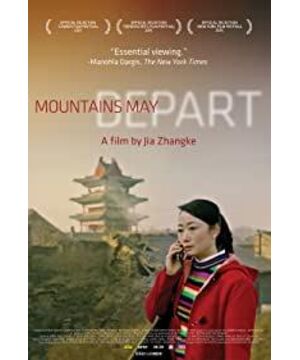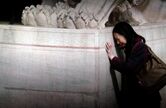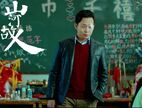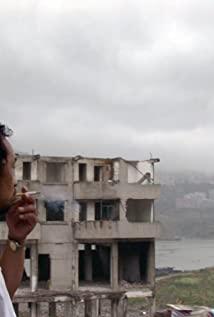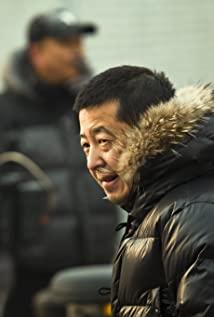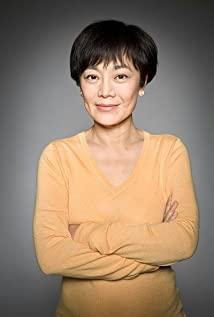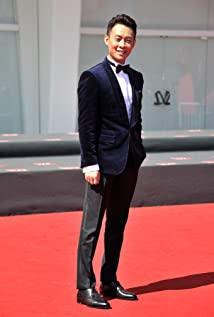The first is the decline of emotional power. The three-segment expression of "The Old Man of Mountains and Rivers" weakens the emotional continuity of the film to a certain extent. This is the most intuitive but not the most important. I think the lack of emotions may be due to the shackles of the film's sense of form. , this sense of form is actually a problem of film structuralism. There are various signs that Jia Zhangke is not a profound and brilliant master of film symbols, and with the enlargement of his personal artistic ambition and vision, this kind of "not clever" is also constantly When magnified, his symbols become more and more hollow and powerless, and then conveyed to emotions, which can intuitively make people feel the lack of strength. For example, Shen Tao's solo dance at the end of the film, many people think it's wonderful, but I think it's really an embarrassing scene. Except for the structural relationship that echoes at the beginning, this solo dance lacks sufficient emotional support. Don't compare it with "" Liao Fan's wild dance in "Fireworks in the Day" is comparable to the solo dance at the end of "Mother". It does not have a lot of emotions released in "Fireworks in the Day", nor does it have anything to do with the poetic sublimation in "Mother".
Then there is the issue of scene scheduling. Two years ago, although I felt that "The Destiny of Heaven" was a little impatient, I was still amazed at its scheduling, but the scene scheduling of "Mountains and Rivers" was mediocre and disappointing. In comparison, it is obvious to feel the difference between the two films. Gap. Jia Zhangke said in an interview with "Old People in Mountains and Rivers": "In the past, they looked at me how to arrange the scene, how to move the camera, and looked at a lot of things about my film language and aesthetics. But this time, everyone forgot all these and devoted themselves to the emotion of the film. It's okay to talk about it, but this time he may have really forgotten the scene scheduling, but he just said that he was fully invested in his emotions and he didn't express it well in the end, and he really slapped himself in the mouth.
The last is narrative. Jia Zhangke's films in recent years have paid more and more attention to narrative, which makes his films more straightforward and easy to understand. In recent years, the narratives of "Tian Destined" and "Old Man of Mountains and Rivers" have become more organized and layered, but under this kind of straightforwardness, Jia Zhangke's personal thinking about society and the times has become more and more insufficient, which led him to We can only keep stacking symbols to cover our shame, but this stacking hurts the original poetic quality of Jia Zhangke's films. Although I have been eloquently and sympathetically talking about the meaning of the high-speed rail and the green-skin train, I silently felt that Chief Jia, who claimed that he was on the green-skin train, may have quietly bought the high-speed rail ticket.
In the expression of the three tenses of "Old Man in Mountains and Rivers", there is no direct judgment on the characters, only love and harmony, nostalgia and gap are mentioned. The hometown that cannot be returned is Jia Zhangke's pessimistic prediction for the future. But in the infinite pessimism, Jia Zhangke endowed Shen Tao, a woman with the greatest affection. The two keys with strong symbolic meanings in the film came to Shen Tao. When Liang Zi returned home after leaving for more than ten years, Shen Tao handed it over. The key he abandoned back then; before his son left for the ocean, Shen Tao gave him a key to his home. Liang Zi's nostalgia comes from the present, his son's nostalgia comes from the future, and Shen Tao's nostalgia may come from the past.
But whether Jia Zhangke is on the high-speed rail or the green-skinned train, I know that nostalgia and bloodlines are indeed the curse that we cannot escape in our lifetime.
View more about Mountains May Depart reviews


